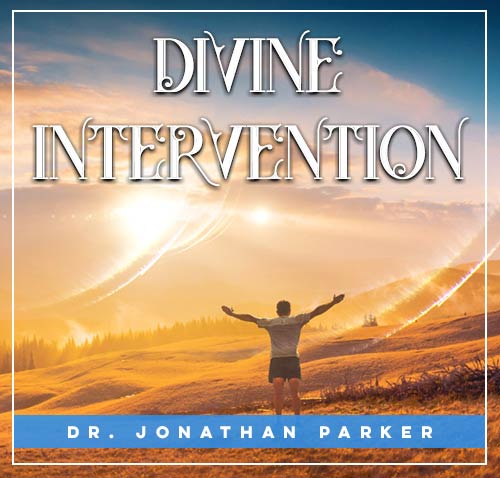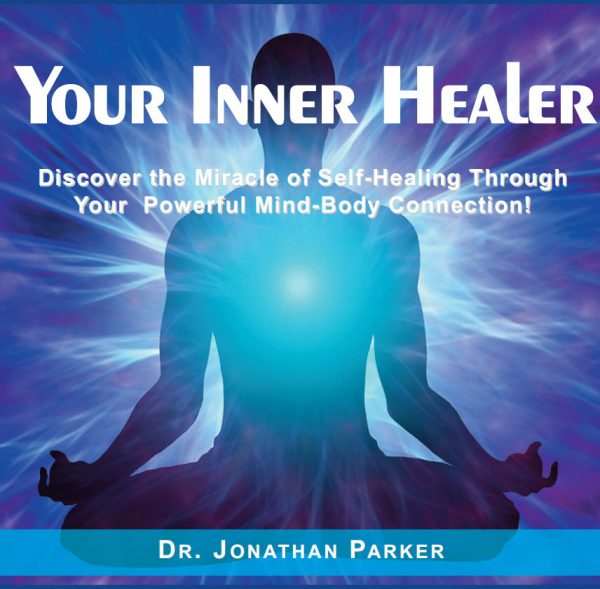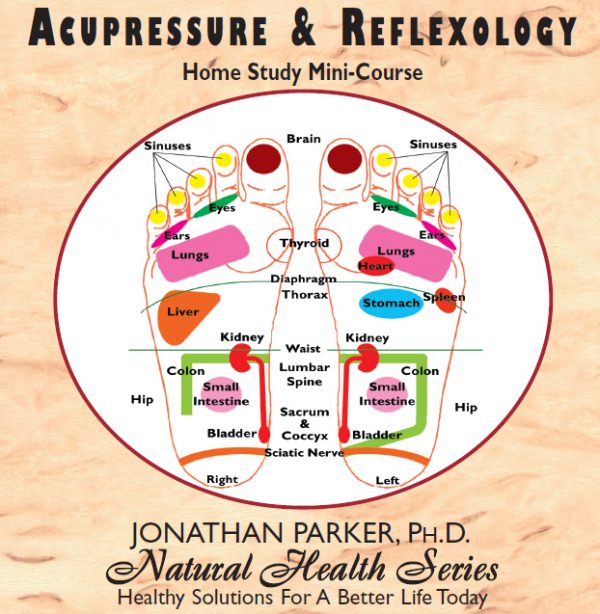Ayurvedic Awakening: Ancient Wisdom in Alternative Health

Before diving in, please note: This post is for informational purposes only. If you’d like to know more about how we approach topics, feel free to check out our friendly Disclaimer Page.
Hey there, amazing readers! 
We’re committed to delivering quality posts, and your support (even just sticking around despite the ads) means everything to us. So, bear with us, and thanks for helping us keep the good vibes rolling. Now, on to the fun stuff!
TRANSLATE BUTTON AT THE END OF THE ARTICLE
Ayurvedic Awakening: Ancient Wisdom in Alternative Health
Overview
Ayurveda, an ancient Indian healing system, has gained increasing popularity in recent years as people seek alternative approaches to health and wellness.
With its roots dating back thousands of years, Ayurveda offers a holistic approach to healing that encompasses the body, mind, and spirit.
In this article, we will explore the origins of Ayurveda, its fundamental principles, key elements such as doshas, various Ayurvedic treatments, herbal medicine, dietary recommendations, massage techniques, the harmonization of yoga and Ayurveda, skincare remedies, practices for mental well-being, and modern applications of this ancient wisdom.
The Origins of Ayurveda: Ancient Indian Healing System
Ayurveda, often referred to as the "science of life," originated in ancient India more than 5,000 years ago.
It is believed to be the oldest healing system in the world, and its teachings have been passed down through generations.
The word "Ayurveda" is derived from the Sanskrit words "ayus," meaning life, and "veda," meaning knowledge or science.
This system of medicine emphasizes the interconnectedness of the body, mind, and spirit, and seeks to promote balance and harmony for optimal health.
Ayurveda Principles: Balancing the Body, Mind, and Spirit
At the core of Ayurveda lies the belief that each individual is unique and that their health and well-being depend on maintaining a delicate balance between the body, mind, and spirit.
According to Ayurvedic principles, imbalances in these areas can lead to physical and emotional ailments.
To achieve balance, Ayurveda focuses on five elements – ether, air, fire, water, and earth – and three doshas, known as Vata, Pitta, and Kapha.
Understanding these doshas is crucial for tailoring treatments and lifestyle choices to an individual’s specific needs.
Understanding Doshas: Key Elements of Ayurvedic Medicine
Doshas are the primary forces behind Ayurvedic medicine, and they represent different combinations of the five elements.
Vata is associated with ether and air, Pitta with fire and water, and Kapha with water and earth.
Each dosha governs specific bodily functions and influences a person’s physical, mental, and emotional characteristics.
Understanding one’s dominant dosha is essential for achieving balance and well-being.
Through personalized assessments, Ayurvedic practitioners determine the unique dosha composition of an individual and provide guidance on lifestyle modifications, dietary recommendations, and treatments to restore balance.
Ayurvedic Treatments: Holistic Approaches to Healing
Ayurveda offers a wide range of treatments that address the root cause of health issues, rather than merely alleviating symptoms.
These treatments aim to restore balance and promote self-healing.
Some popular Ayurvedic treatments include Panchakarma, an intensive detoxification and rejuvenation program, Abhyanga, a full-body massage with medicated oils, and Shirodhara, a therapy where warm oil is poured onto the forehead to calm the mind and nervous system.
Other treatments such as Nasya, Basti, and Swedana also target specific concerns and help restore balance.
Herbal Medicine in Ayurveda: Harnessing Nature’s Healing Power
Herbal medicine plays a significant role in Ayurveda, harnessing the healing power of nature to restore balance and promote well-being.
Ayurvedic practitioners use a wide array of herbs and botanicals, each with its unique properties and therapeutic benefits.
These herbs are carefully selected and often combined to create holistic remedies tailored to the individual’s dosha composition and specific health concerns.
Some commonly used herbs in Ayurveda include Ashwagandha for stress management, Turmeric for inflammation, and Brahmi for cognitive function.
These natural remedies aim to support the body’s innate ability to heal itself.
Ayurvedic Diet: Nourishing the Body for Optimal Health
In Ayurveda, diet is considered a powerful tool for maintaining balance and promoting optimal health.
The Ayurvedic diet emphasizes whole, fresh foods that are tailored to an individual’s dosha composition and specific needs.
Each dosha requires different types of food, and certain tastes and qualities can either aggravate or pacify a dosha.
For example, Vata individuals benefit from warm and grounding foods, Pitta individuals thrive on cooling and soothing foods, and Kapha individuals should consume light and stimulating foods.
Ayurvedic dietary guidelines also emphasize mindful eating, proper food combinations, and seasonal adjustments.
Ayurvedic Massage: A Therapeutic Touch for Relaxation
Ayurvedic massage, known as Abhyanga, is a key component of Ayurvedic healing.
Discover "SUPERFOODS: The Key to Health and Balance
"
This therapeutic massage technique involves using warm medicated oils and specific strokes to promote relaxation, improve circulation, and release tension.
The oils used in Abhyanga are carefully selected based on an individual’s dosha composition and specific needs.
The rhythmic movements of the massage help balance the doshas, stimulate the body’s natural healing responses, and promote a sense of overall well-being.
Ayurvedic massage is not only beneficial for physical health but also for mental and emotional rejuvenation.
Yoga and Ayurveda: Harmonizing the Body and Mind
Yoga and Ayurveda are sister sciences that complement each other in promoting holistic health and well-being.
While Ayurveda focuses on the body and its balance, yoga emphasizes the mind-body connection through physical postures (asanas), breathing techniques (pranayama), and meditation.
Both practices aim to harmonize the body and mind, improve flexibility, increase strength, and promote relaxation.
By combining the principles of Ayurveda with a regular yoga practice, individuals can enhance their overall health and cultivate a deep sense of inner balance.
Ayurvedic Skincare: Natural Remedies for Radiant Beauty
Ayurveda offers a range of natural remedies for skincare that focus on promoting radiant beauty from within.
These remedies utilize herbs, oils, and other natural ingredients to nourish the skin and address common concerns such as acne, dryness, and aging.
Ayurvedic skincare routines often incorporate gentle cleansing, exfoliation, and moisturizing techniques using natural products.
Popular Ayurvedic ingredients for skincare include neem, turmeric, sandalwood, and rose.
By adopting Ayurvedic skincare practices, individuals can achieve healthy, glowing skin while avoiding harsh chemicals often found in conventional beauty products.
Ayurvedic Practices for Mental Well-being: Finding Inner Balance
Ayurveda recognizes the importance of mental well-being in overall health.
Stress, anxiety, and emotional imbalances can greatly impact physical health.
Ayurvedic practices such as meditation, breathing exercises, and mindfulness techniques help calm the mind, reduce stress, and promote emotional balance.
These practices can be tailored to an individual’s dosha composition and specific needs.
Additionally, Ayurvedic herbs and dietary recommendations can support mental well-being by nourishing the nervous system and promoting relaxation.
Modern Applications of Ayurveda: Integrating Ancient Wisdom
In recent years, Ayurveda has gained recognition and popularity in the modern world as a valuable complement to conventional medicine.
Many individuals are integrating Ayurvedic principles into their daily lives to improve their well-being and prevent illness.
Ayurveda is now being incorporated into spa treatments, wellness retreats, and even clinical settings.
Researchers are also exploring the scientific basis of Ayurveda, aiming to validate its effectiveness and broaden its applications.
By bridging the ancient wisdom of Ayurveda with modern scientific advancements, individuals can benefit from a comprehensive approach to health and wellness.
Conclusion
Ayurveda, with its ancient wisdom and holistic approach, offers a wealth of knowledge and practices that can enhance overall health and well-being.
From understanding doshas and receiving personalized treatments to utilizing herbal medicine and adopting Ayurvedic dietary and lifestyle practices, individuals can tap into the power of this ancient healing system.
By embracing Ayurveda’s teachings, individuals can find balance, rejuvenation, and a deeper connection to themselves and the world around them.
As Ayurveda continues to evolve and integrate with modern science, it holds immense potential to contribute to the well-being of individuals and society as a whole.

The Enlightenment Journey is a remarkable collection of writings authored by a distinguished group of experts in the fields of spirituality, new age, and esoteric knowledge.
This anthology features a diverse assembly of well-experienced authors who bring their profound insights and credible perspectives to the forefront.
Each contributor possesses a wealth of knowledge and wisdom, making them authorities in their respective domains.
Together, they offer readers a transformative journey into the realms of spiritual growth, self-discovery, and esoteric enlightenment.
The Enlightenment Journey is a testament to the collective expertise of these luminaries, providing readers with a rich tapestry of ideas and information to illuminate their spiritual path.
Our Diverse Expertise
While our primary focus is on spirituality and esotericism, we are equally passionate about exploring a wide range of other topics and niches 

To ensure we provide the most accurate and valuable insights, we collaborate with trusted experts in their respective domains 
Our blog originally focused on spirituality and metaphysics, but we’ve since expanded to cover a wide range of niches. Don’t worry—we continue to publish a lot of articles on spirituality! Frequently visit our blog to explore our diverse content and stay tuned for more insightful reads.






































































